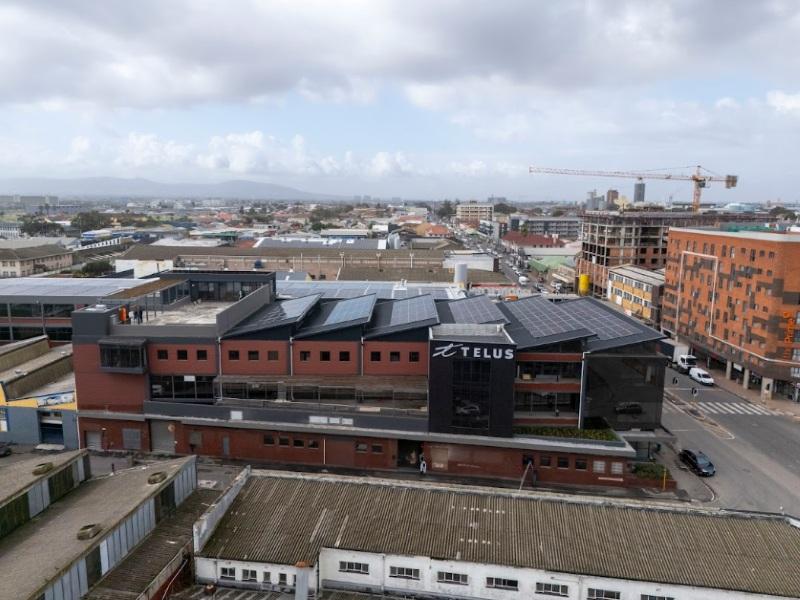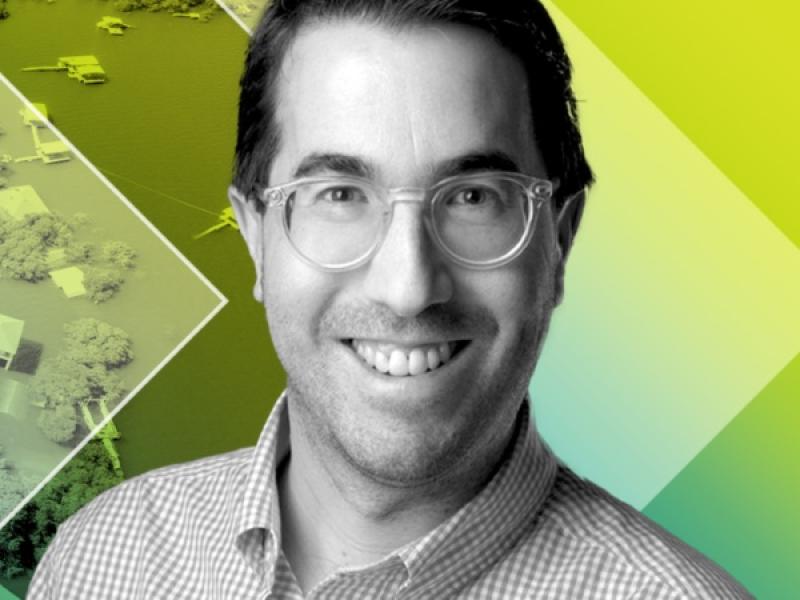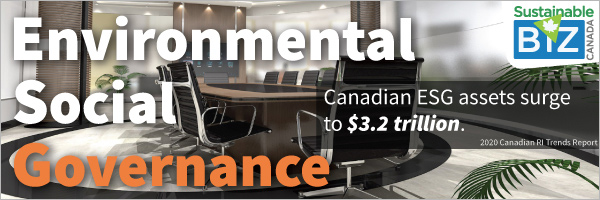Recent Articles
Vancity publicly discloses GHG emissions for first time
Vancity publicly discloses GHG emissions for 1st time
Vancity recently publicly measured and disclosed the GHG emissions of its loans and investment portfolios for the first time in its first step toward a 2040 net-zero strategy. The disclosure will enable the organization to better understand its environmental impact.
TD Centre awarded WELL Health-Safety Rating
The International WELL Building Institute (IWBI) recently awarded Cadillac Fairview (CF)’s Toronto-Dominion Centre (TD Centre) the WELL Health-Safety Rating for all six of its towers, making it one of the largest office complexes in Canada to earn the designation.
Rethinking how Canada retrofits its buildings
OPINION: As the federal government rolls out policies to encourage climate-friendly retrofits for Canada’s buildings, a new report paints Ottawa’s approach as inadequate and makes a credible case for a rethink of how the country modernizes homes and commercial spaces.
Steel Town needs to clean up its act
The Canadian steel industry has launched itself on a massive transformation, pledging to reach carbon neutrality by 2050. To achieve this, the industry must overturn a century of blast furnace steelmaking, which created millions of tonnes of CO2 in the atmosphere.
Edmonton company helps $2.75B flood mitigation
Edmonton-based North American Construction Group (NACG) is part of a consortium working on a massive $2.75 billion flood-mitigation project in the United States, the largest infrastructure job in the company’s history. The project is anticipated to take more than 30 years.
Enmax pressured regarding power demand, emissions
As Alberta suffers from a summer heatwave, pressure is on electricity generators like Enmax Corp. to keep the power going. Meanwhile, the company is also experiencing pressure to lower emissions and reach its new net-zero target by 2050.
 |
Sponsored by How this rental housing provider is helping to keep its tenants housed |
Safe, secure, and affordable housing is deeply tied to mental health and well-being. Canadian housing insecurity has worsened with COVID-19’s economic fallout over the past 16 months. Mass job losses and layoffs have resulted in many tenants across Canada falling
Montreal-based AI company improves buildings
• Globe and Mail • Sustainable Biz • Sustainable Biz
More than one-third of all GHG emissions come from the construction of new buildings and the heating and cooling of older ones. Montreal-based BrainBox AI aims to optimize energy efficiency in older buildings by connecting its technology to HVAC systems.
Canadian cars for sale to be zero-emission by 2035
To create a cleaner economy that fights climate change, the Government of Canada is taking action to cut pollution from all sectors of the economy — including the transportation sector, which accounts for one-quarter of our greenhouse gas emissions.
Feds’ 2035 electric vehicle mandate is delusional
The Canadian government set 2035 as the target for the sale of zero-emission SUVs and light-duty trucks. That means the sale of gasoline and diesel cars has to stop by then. It is an aspirational plan that verges on the delusional.
GM launches $60B equitable climate action plan
General Motors announced a $25 million Climate Equity Fund, dedicated to helping close equity gaps in the transition to electric vehicles and other sustainable technology. The fund complements the company’s $35 billion investment in electric vehicle programs and charging infrastructure.
Volvo to build cars using fossil fuel-free steel
Volvo is collaborating with SSAB, a Swedish steelmaker, to manufacture cars using fossil fuel-free steel made with hydrogen by 2026. Mercedes-Benz also announced its commitment to launch green steel in vehicle models by 2025 in an effort to decarbonize its supply chain.
CPP Investments CEO wants better climate disclosure
John Graham, the new head of Canada’s largest pension fund, said CPP Investments will continue to engage with companies on their climate risks rather than divest from them. He noted that more disclosure is necessary to make better investment decisions.
Global standards for corporate ESG reporting crucial
OPINION: Canada’s accountants say it is time to decide on a universal approach to replace an array of reporting standards for environmental, social and governance issues — and companies should make their voices heard to come up with one.
EU watchdog tells banks to have 10-year climate plan
The bloc’s banking watchdog said banks in the European Union must have a 10-year plan spelling out how they will deal with environmental, social and governance (ESG) risks to their bottom line.
IMF proposes international carbon price floor
Researchers at the International Monetary Fund are hoping their proposal will be the key that unlocks serious progress toward meeting the world’s Paris Agreement climate commitments. And they are looking at Canada for their model of how it would work.
Alberta hoping to build economy out of hydrogen
Much of Alberta’s economy stems from its natural resources, from the oilsands to coal and natural gas. But as the world moves away from fossil fuels, some government officials are hoping Alberta can build an economy out of hydrogen.
Takeover of old oil and gas wells required for cleanup
Using data from the Alberta Energy Regulator, a new report estimates the cleanup cost for 300,000 unreclaimed wells is between $40–$70 billion, not including infrastructure such as pipelines or pumping stations. Canadians currently subsidize $4.3 million a day for the cleanup.
The end of coal in Canada is near
• Globe and Mail • Globe and Mail
EDITORIAL: In 2003 Ontario pledged to eliminate coal-fired power, which supplied a quarter of its electrical demand. By 2014, coal was powering zero per cent of the province — replaced with natural gas, wind, solar, hydro and, above all, zero-carbon nuclear.
The era of “Peak Oil” may be here
Analysts have predicted that rising world oil consumption would peak and start declining in the coming decades. But recent setbacks for big oil companies and the advance of electric vehicles have some questioning whether “peak oil” is already here.
Province’s special orders that fast-track development swamp Toronto-area conservation authorities
More than half of the 45 special orders issued by the province to fast-track development in the past three years have fallen within the jurisdiction of the Toronto conservation authority. That’s left the province’s largest conservation authority scrambling to provide crucial environmental information to municipalities and the province ahead of these unappealable planning decisions.
 Industry Events
Industry Events
-
ECO IMPACT 2026
Feb 19 2026
to Feb 20 2026
The Westin Calgary -
BuildGreen Atlantic
Apr 27 2026
to Apr 28 2026
Halifax, NS -
The Evergreen Conference
May 06 2026
to May 07 2026
Toronto, ON -
Building Lasting Change
Jun 17 2026
to Jun 19 2026
Montréal, QC -
Retrofit Canada Conference
Jun 24 2026
to Jun 25 2026
Halifax Convention Center











